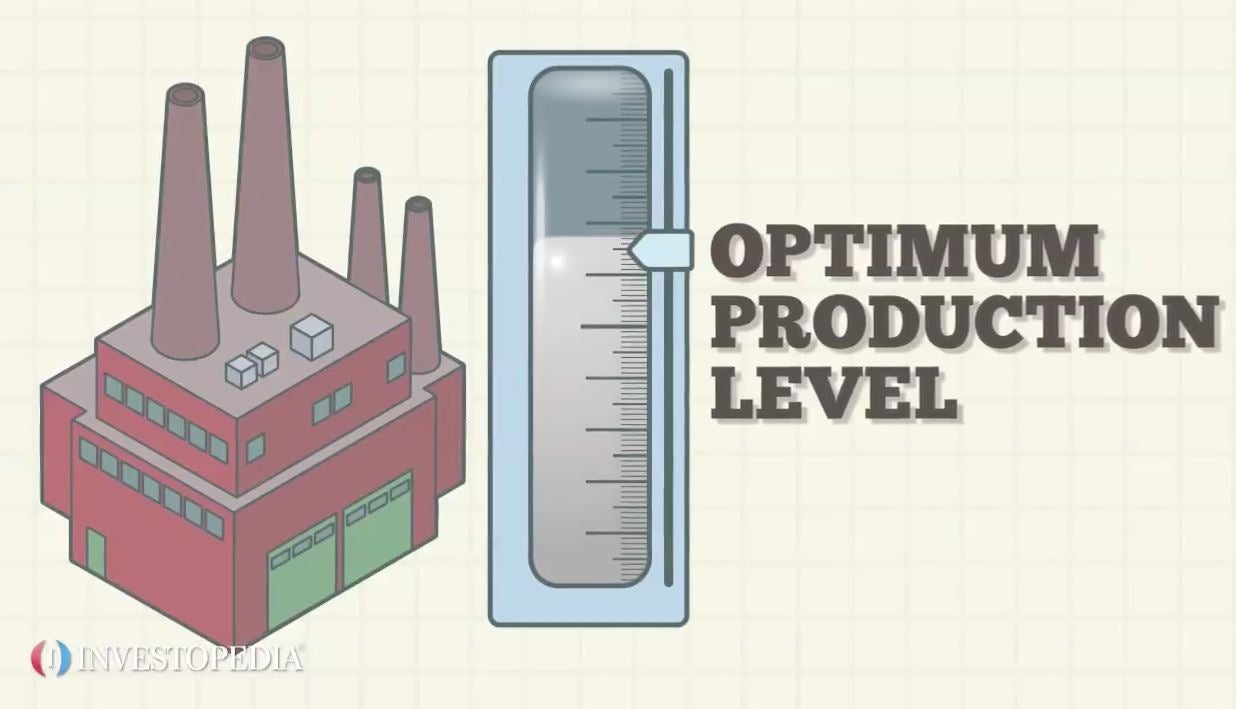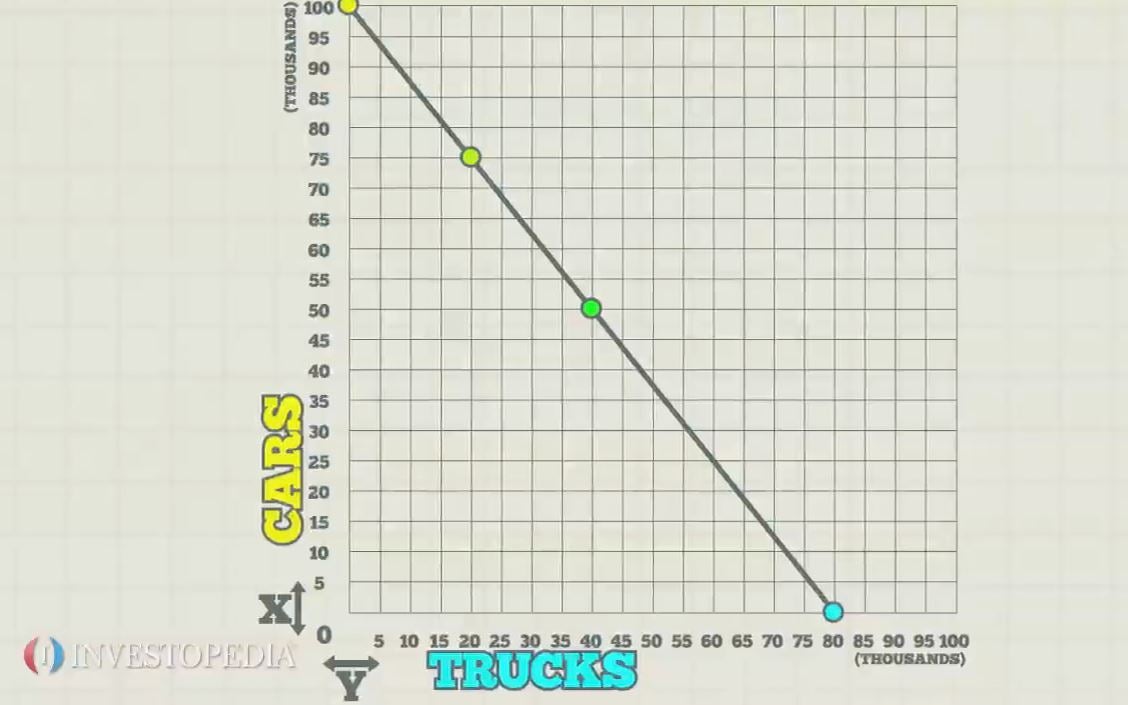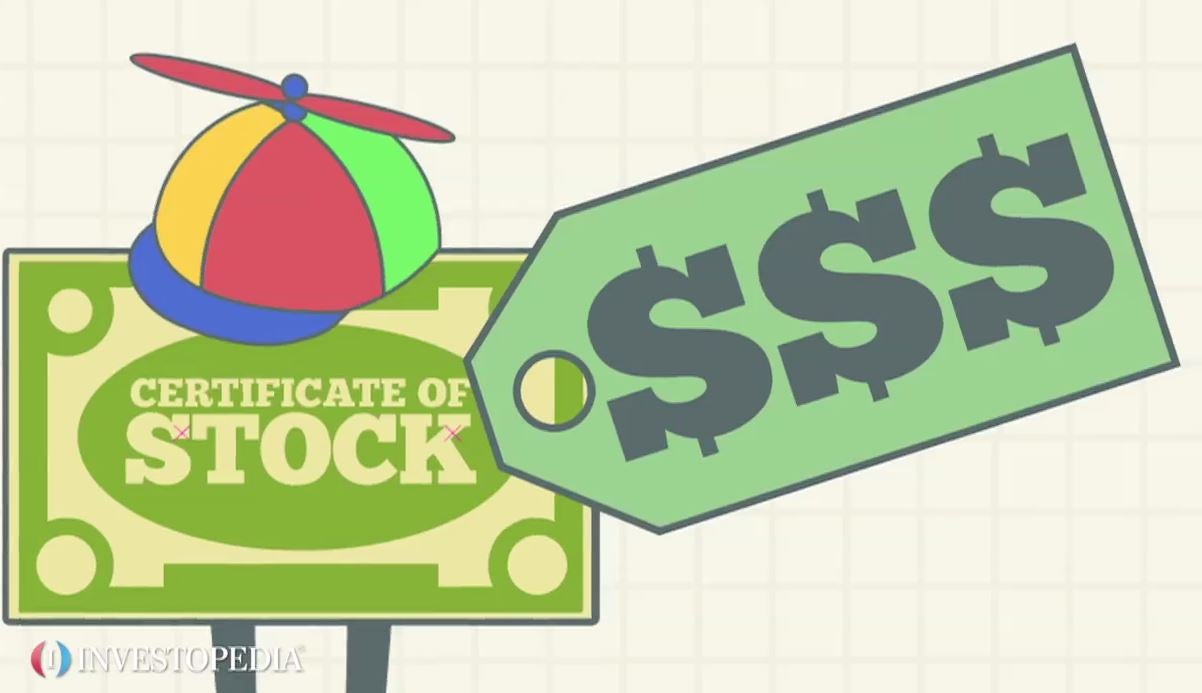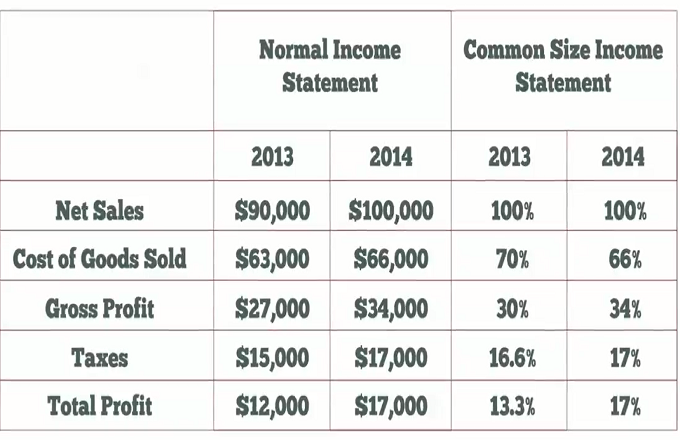Factors of production is an economic term describing the general inputs used to produce goods and services to make a profit. Under the classical view of economics, the factors of production consist of land, labor, capital, and entrepreneurship.Land refers to the land itself, as well as the raw materials that come from the land. This includes timber, coal, precious minerals such as gold, and water. It can also mean the physical area on which a factory sits. Labor refers to the workers who answer the phones, lift the pallets, drive the trucks, push the paperwork and do all things physical and intellectual to keep a business running. Capital refers to the buildings, machines and tools used in the process of production. Capital is anything from a fleet of delivery trucks, to a factory building, to a printing press or a computer. Intellectual capital is defined as the technological expertise a business acquires over time – its trade secrets and unique business processes. There is also social capital - the ability to operate because society has agreed to a system of order, conduct and law. These elements facilitate an economic environment that allows the business to operate. Finally, entrepreneurship is the factor of production that ties the other three together. The entrepreneur provides innovation and creativity in the use of the other factors, which helps create a profitable business. For simplicity and analytic purposes, economists and analysts usually focus attention to two main factors - capital and labor. The relationship of both these factors and a company's output is referred to as the production function.





